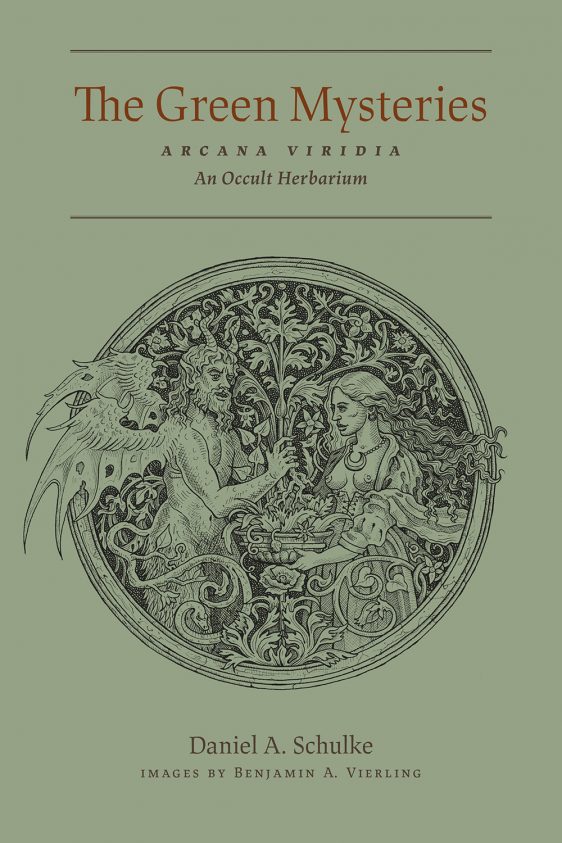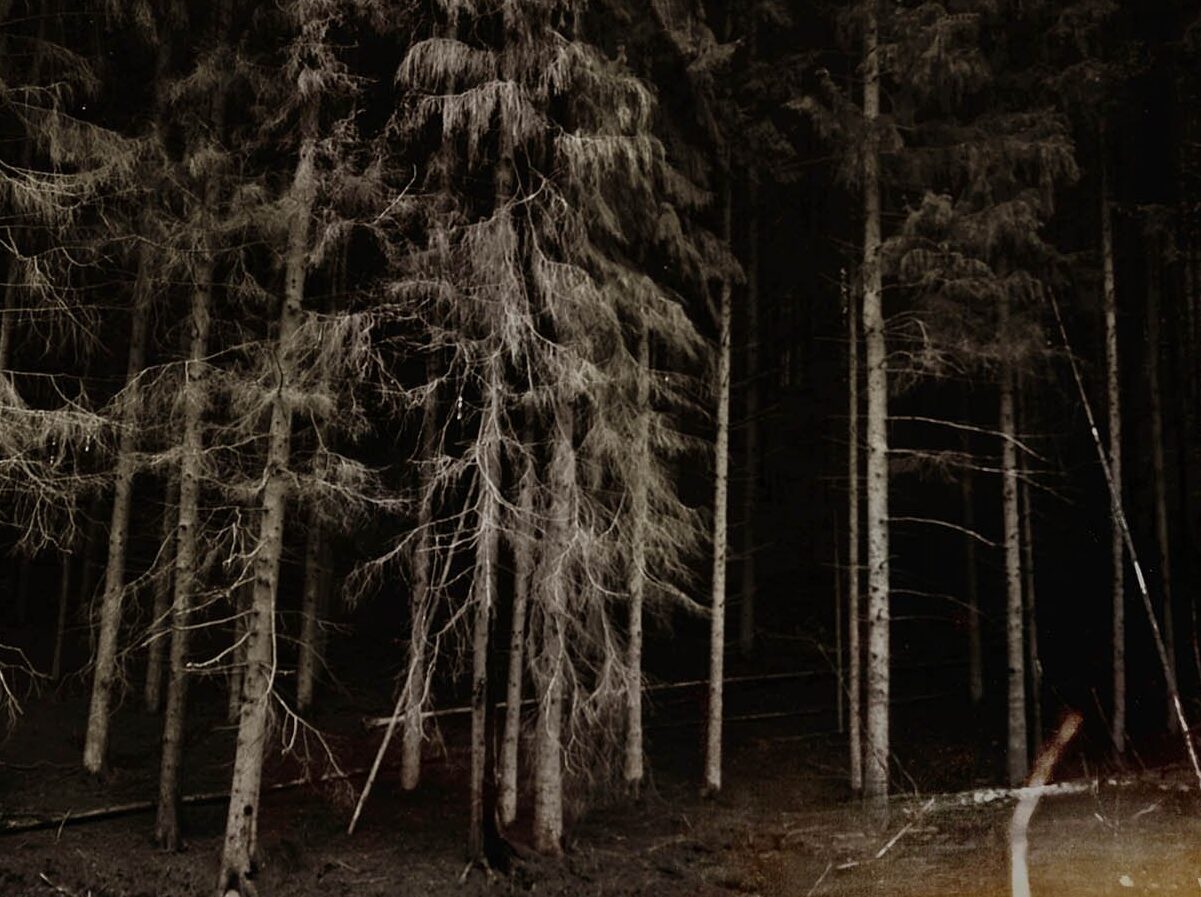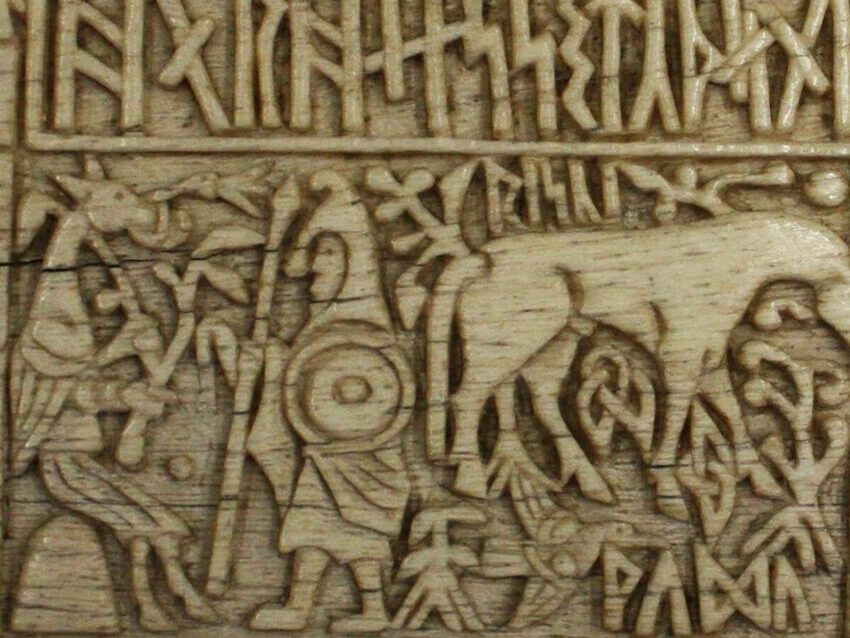Or ARCANA VIRIDIA; A GRANARY OF THE FAUNS, BEING AN OCCULT HERBARIUM.
Images by Benjamin A. Vierling
It is a truism that for much of humanity’s existence its medicines have been derived from Nature. For, from where else would they be obtained? Over millennia, the slow and no-doubt fraught process of discerning the medicinal benefits of the world’s 400,000 plant species (of these, only 15,000 have been used for medicinal purposes at some point in history) has resulted in a corpus of invaluable lore requiring preservation, lest the hard-won remedies become lost or corrupted. Today, about 80% of the world’s population relies on traditional medicine, which uses plants as its main source of active ingredients. And, of the 100,00 modern medicines available in a market worth almost $1.5 trillion, around 25% are derived directly from plants.
Dating to the second millennium BCE, Ayurvedic medicine focusses largely on plant remedies; its teachings were first documented in the Sushruta Samhita; the Egyptian Papyrus Ebers – one of the earliest known herbals – dates from a similar period. Through Greek Hippocrates, Theophrastus and Roman Dioscorides, Pliny and Pseudo-Apuleius, to the Medieval Era and Culpeper et al, the nascent study of medicinal plants evolved into a studious compilation of trustworthy lore – sometimes in use for hundreds of years – describing in detail the plants in question, the names of the conditions for which they are beneficial, the directions for making remedies with them and, in some cases, the associated operative magick.
Daniel Schulke cites the great European herbals as inspiration for his magnum opus The Green Mysteries (TGM), no doubt referring to the above works, as well as venerable Anglo-Saxon herbaria such as The Lacnunga and Bald’s Leechbook, which weave information on straightforward treatment using medicinal plants with occult wisdom, magickal correspondences and spellcraft. Even while modern scholars have denounced these latter aspects as superstitious and irrational nonsense, the Wise acknowledge the role spirits and powers have played in revealing the secrets of tree and herb. Indeed, as Schulke declares in his 2005 work Viridarium Umbris:
In many traditions it was the Trees and Herbs themselves… who taught the plant-doctors their art… Wortcunning, the Anglo-Saxon term for applied plant-wisdom, best describes the elect congress… between these spirits and the folk magician; a trifold form of natural knowledge, magical power and botanical mysticism.
Arcana Viridia is a different proposition to The Pleasure Garden of Shadow however. The former is a grimoire and initiatory ramus which, engaged with in sequence, establishes a union and symbiosis between practitioner and plant-spirit, leading to a uniquely verdant gnosis. The Genius Libri of that work is potent; there is a primeval, eldritch quality to it, as forbidding as a thorn-copse. The book-spirit of TGM is more approachable; it possesses a generosity, a sense of wisdom and knowledge freely given. This is in part a consequence of Schulke’s prose style, which is more approachable and less recherché than previous works (this will come as a relief to those who found the likes of Ars Philtron hard going.) And partly due to the fascinating diversions interleaving the herbal proper. These include digressions into the Devil and herbal diabolism, the botany of the Crucifixion, plant aromas and – particularly notable – a meditation on the ageing of alcohol in oak casks. It is not a book to be read cover-to-cover. Rather, it is a garden within which to expatiate. Much as Prince George used the manuscript of Dr Johnson’s Dictionary to look up rude words (at least, according to Blackadder), so the TGM reader will delight in consulting entries for plants with which they have an affinity or interest. The scope of the book is vast, encompassing lore pertaining to American and Oriental plants, in addition to the European corpus. And while its coverage is not comprehensive, nor entries exhaustive (a feat requiring volumes), every page contains unexpected insights and revelations.
The large format confirms its position in the continuum of traditional herbals. The layout and typesetting are exquisite, as are the hundreds of illustrations by Benjamin Vierling. In contrast to Schulke’s own powerfully graven images from Viridarium Umbris, Vierling’s illustrations are wonderfully rococo in their intricacy; most pages contain an arresting image, breath-taking in its accomplishment. A number of full-colour plates are also included.
Based on my limited understanding of such matters, the release of TGM after a six-year hiatus has, unsurprisingly, caused mild paroxysms in the occult community, with customers clamouring for still-hard-to-come-by copies. This is all well and good, but the matter of the delay, or rather Three Hands Press’s handing of it, must be addressed. No reason is yet forthcoming and perhaps we will never know whether it was a consequence of production delays, cashflow, author and / or illustrator deadline extensions (sadly, the printed text has not been purged of typos – a strange state of affairs given the extended proofreading window), or something else. I suspect that everyone who pre-ordered a copy, myself included, at some point doubted whether TGM would ever materialise. My own emails went unheeded; many did not receive the interstitial text The Wodewose Homilies; and it should be noted that I (and likely numerous others) have not yet received their pre-order – I came by this copy via alternative means. Perhaps the reasons for the epic delay are moot if all orders are ultimately fulfilled. Until such time, we reserve the right to remain somewhat doubtful and suspicious.
With that said, we should be in good cheer that TGM is arrived. It is a glorious recension of the traditional herbal; it is an immediate candidate for most beautiful esoteric book bar none; it is an essential work for the occult bibliophile, herbalist or wortcunner. And it is a great pleasure to have Schulke impart his prodigious wisdom once more. Harmony is close to being restored.
The Green Mysteries is published by Three Hands Press.




